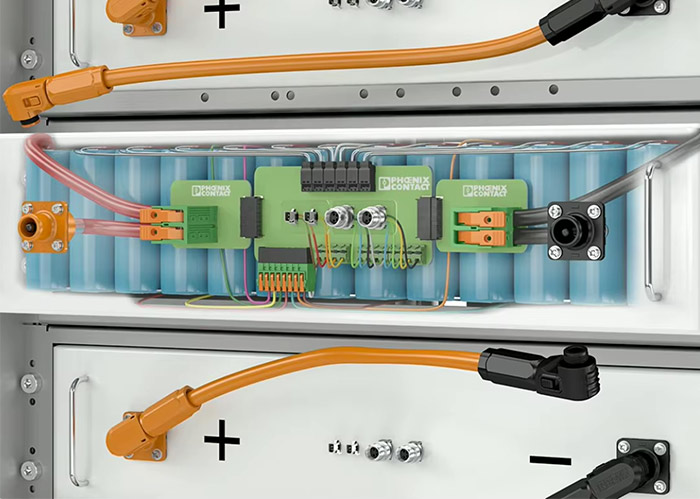What is the Difference Between a Relay and a Contactor?
Relays and contactors are both electromagnetic switches, but they differ in their design, capacity, and…
ELEHUB’s Energy Storage Connector is a robust solution for connecting batteries in energy storage systems. It’s designed to handle high currents with minimal resistance, ensuring efficient energy transfer and long-lasting performance in energy storage applications.

Connectors play a crucial role in energy storage systems (ESS) by ensuring reliable electrical connections between various components such as batteries, inverters, and power distribution units. As ESS solutions gain prominence in renewable energy and electric vehicle applications, connectors must provide high current-carrying capacity, durability, and resistance to harsh environmental conditions. They facilitate efficient power transfer, minimize energy losses, and support the system’s overall safety by maintaining secure and low-resistance connections.
In modern ESS, connectors also enhance system scalability and flexibility, allowing for easy expansion or replacement of energy storage modules. Additionally, they contribute to optimizing the thermal management of the system by reducing heat generation during operation. As the demand for energy storage continues to grow, reliable and high-performance connectors remain essential for maximizing system efficiency and ensuring long-term operational stability.
Inquire Now for Innovative Solutions
Stay updated on the latest innovations and trends in DC electrical components.
Relays and contactors are both electromagnetic switches, but they differ in their design, capacity, and…
When you’re dealing with electrical systems, understanding the key differences between AC and DC contactors…
A shunt resistor is a precision, low-resistance component used to measure electric current by creating…
WhatsApp us